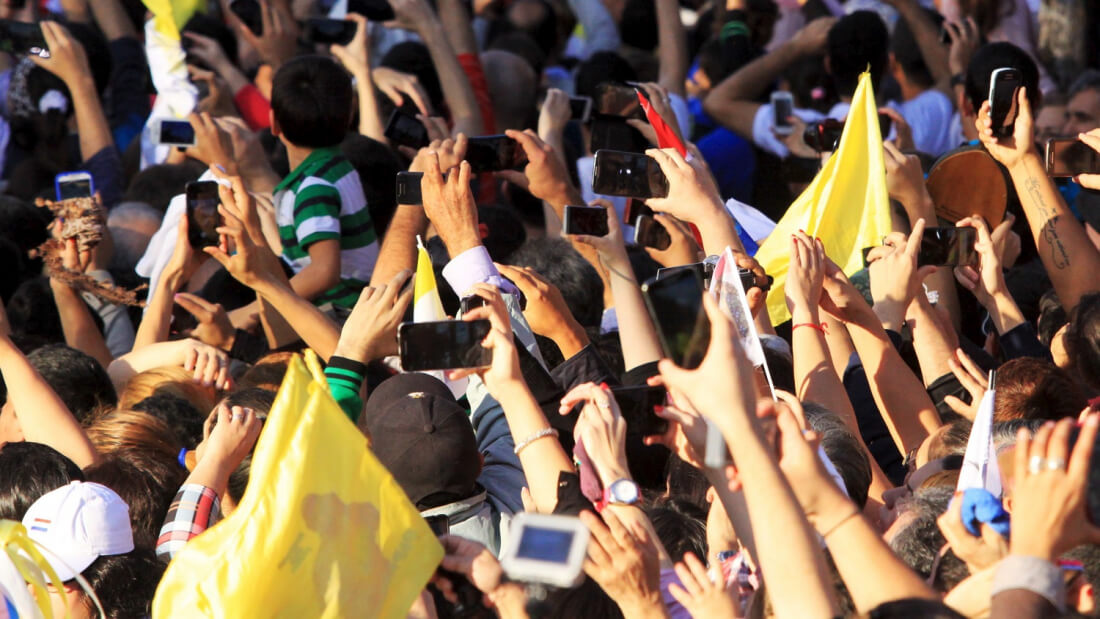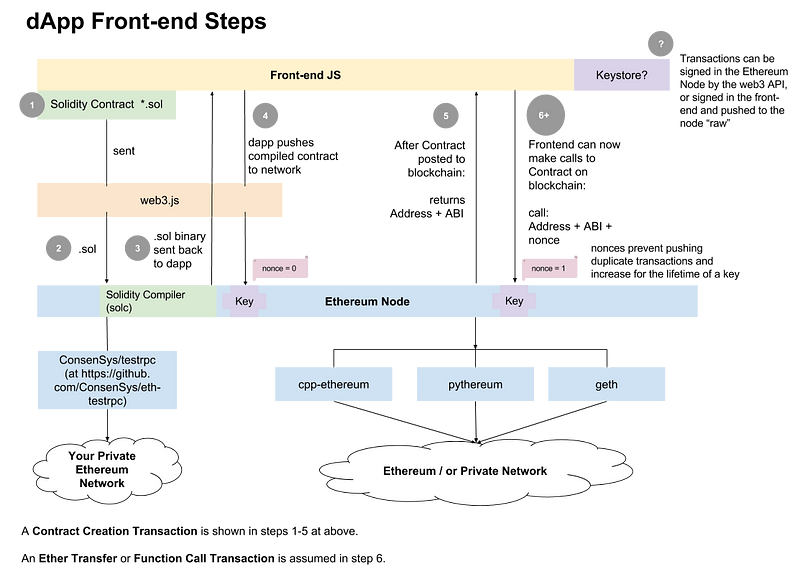We have entered the Cryptoconomy. If you are an ecommerce entrepreneur please read on.
I started an cryptocommerce site based on WordPress, the backbone of the entrepreneurs of Markethive. My site will take 6 cryptocurrencies. There may be more in the future.
What do I need for a cryptocommerce business?
I need WordPress, the shopping cart, the currencies and the payment gateway.
WordPress is easy however the shopping cart is unique. My discovery process led to only one cart that will do the job, Woocommerce, a highly rated and very extensible free shopping cart. Woocommerce works great for all standard sales of products and services but how does it work with crypto?
A further search in the WP plugins yielded GoUrl WooCommerce – Bitcoin Altcoin Payment Gateway Addon. The search keyword was “cryptocurrency”.
Official GoUrl.io Bitcoin Payment Gateway Plugin for WordPress. Provides Pay-Per-Product, Pay-Per-Download, Pay-Per-Membership, Pay-Per-View and bitcoin/altcoin payment gateways for – WooCommerce, WP eCommerce, Jigoshop, MarketPress, AppThemes, Paid Memberships Pro, bbPress, Give Donations, etc.
This payment gateway accepts Bitcoin, Litecoin, Paycoin, Dogecoin, Dash, Speedcoin, Reddcoin, Potcoin, Feathercoin, Vertcoin, Vericoin, Peercoin, MonetaryUnit payments online. No Chargebacks, Global, Secure. All in automatic mode.
So far so good, I've gotten the site up, the cart installed, the payment gateway, all major functions in place. However,there is one unwritten site requirement , the theme. Yes, I went to my old favorite themes and low an behold they showed an incompatibility in the admin panel.
The plugins didn't quite meet the functional requirements. Woocommerce requires compatible themes. A quick search in WP Themes and you discover several. Most of these themes require upgrading to the “Pro” version. They cost. The price of an upgrade runs from $18.00 upward some are near $100.00. But, this is the cost of complete functionality.
I tried several but decided to work with one that I normally used (non-compatible), it seems to be working.
Now it looks good and it functions but we can't get paid, yet.
The payment gateway requires the entering of your wallet information for each cryptocurrency.
I chose the following 6 currencies: Bitcoin, Litecoin, Dogecoin, Dash, Reddcoin, Peercoin. for my cryptocommerce business. There is a couple of reasons for this selection, these currencies are acceptable to the payment gateway and they are listed on the cryptocurrency exchanges.
These wallets are for the most part are the same. They look the same (derived from the bitcoin core) and they act the same. They are available to download in almost every flavor of operating system from their home websites.
bitcoin: https://bitcoin.org/en/choose-your-wallet
litecoin: https://litecoin.org/
dogecoin: http://dogecoin.com/
dash: https://www.dashpay.io/downloads/
reddcoin: https://www.reddcoin.com/
peercoin: https://www.peercoin.net/
For my website, I chose to install part of my wallets on a Windows computer, the rest on the Ubuntu/linux OS.
The download and installation are of no real consideration, however, installation instructions are pretty scarce or not there at all. I went through each of them until I found one with instructions and followed those with each of the other wallets. The wallets can be set to activate on startup with Window but has to be called toactivated through the termeinal on linux.
There are three steps to installing and creating a wallet.
- Download and install.
- Synchronize with the network. Until your wallet is synchronized with the currency's private network it doesn't work. This happens by default and it takes time. My Dash wallet took about 20 hours to complete the synch'ing up, the bitcoin wallet took over 8 days and is still in process, so be patient and anticipate this. If you interrupt this, you will have to start over, however, the restart is not so severe as the wallet stores each block as it is synched and does essentially a review of what is stored on your harddrive.
- Encrypting your wallet. After getting in-synch you are ready to encrypt your wallet. Care should be taken! The information you create for the encryption process is valuable. It is your key to your wallet. If you lose this information you lose everything.
I use an online strong password generator to create a 16 character password then use an encrypted email service to send this information to an encrypted data vault in Iceland for safe keeping.
Strong password generator, http://passwordsgenerator.net/
Creating a cryptocommerce business website is just the same as a normal ecommerce site only different. You take normal then add crypto.
Once I have all the wallets I can load the catalog.
As I work through this, I will blog about it.
Things to look forward to are; the loading of the products in the cart, normal currency and cryptocurrency, testing the clearing house, and exchanging the crypto for USD.
Follow along in the Markethive New Monies Group. https://markethive.com/group/newmonies
David





 Free multi-cryptocurrency accounts with instant exchange
Free multi-cryptocurrency accounts with instant exchange